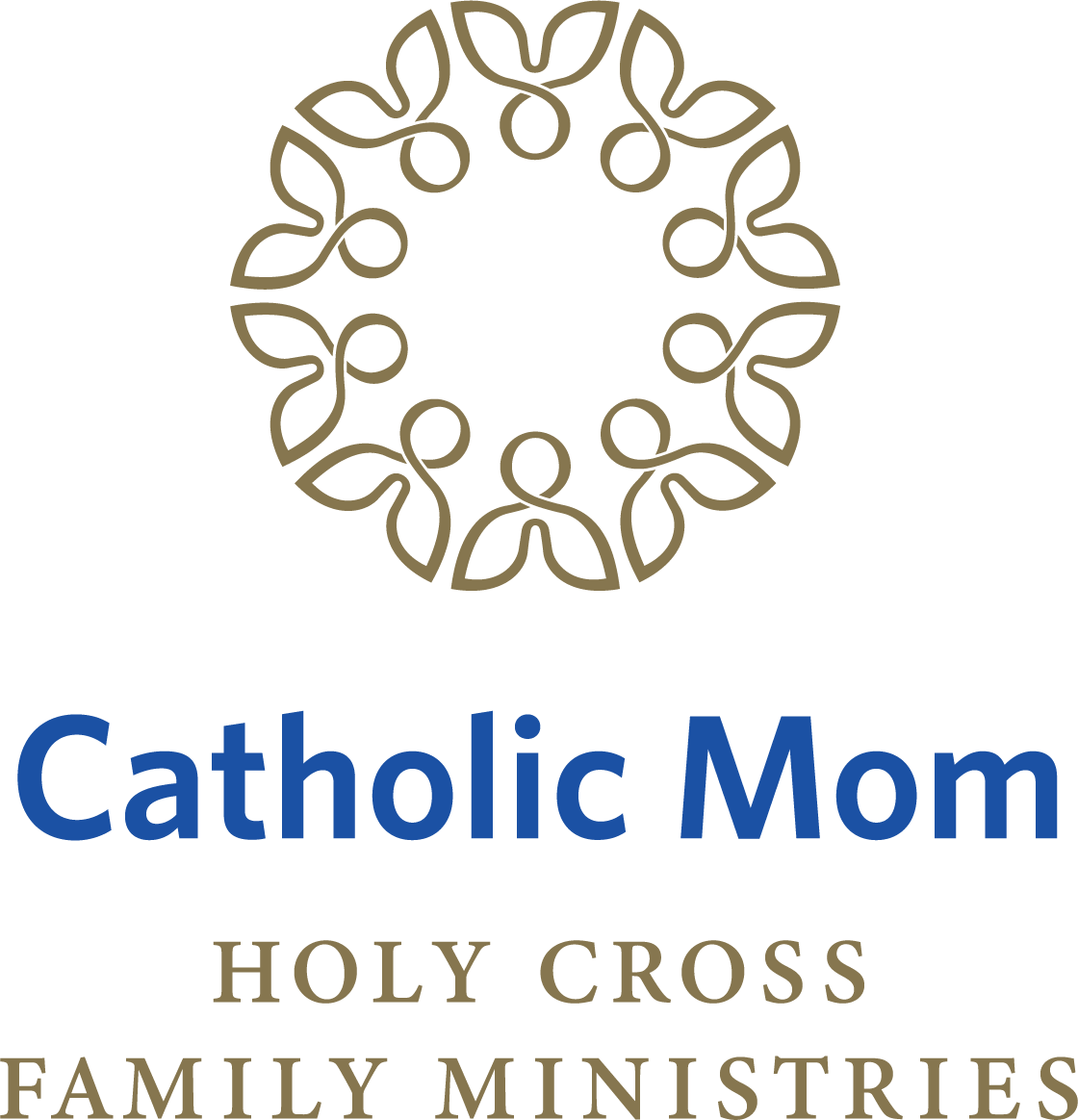
The Importance of Routine
We usually associate the word “routine” with something monotonous that we often want to “get away from.” However, a well-structured routine helps us to organize our lives and not waste time. Time is the most precious gift we receive from God (after the gift of our life). After it passes, we cannot go back and the only time we really have is now. Yesterday is gone and we don’t know if tomorrow will come.
For children, especially younger ones, having a routine with fixed times for the various activities of the day, such as waking up, bathing, eating, playing, and sleeping, helps to provide security, they are less anxious because they know what will happen next. For the older ones and teenagers, following a routine is essential for them to learn how to organize their time and better enjoy their moments of study and leisure.
Those who do not have a routine are always running, troubled, wanting to do everything at the same time — and arrive at the end of the day with the feeling that they have been unable to do anything they had planned. This creates a lot of frustration and discouragement. On the contrary, someone who has a schedule for each activity reaches the end of the day feeling the peace of duty accomplished.
Depending on your temperament, organizing and following a routine can be quite a challenge. It is necessary to start slowly and not be discouraged by failures. Start over with determination the next day. The suggestion is to organize a period of your day first, such as the morning. After you have accomplished this routine for a long time (a few weeks), then add the other periods (afternoon and evening).
What should be part of your routine?
The first thing to establish is a time to wake up. Then add your daily activities every half-hour. It is important to have times for meals, for prayers, for leisure/rest, and for physical activities. You can work out the routine for each day of the week, and it is not necessary for every day to be exactly the same. For example, you can schedule physical activity three times a week and do something else in this time in the other days of the week. It is also very important to establish the time you will sleep.
The ideal is that, after establishing the schedules, they are strictly adhered to, as long as you know exactly what you should do at each time of the day. Fr. José Kentenich speaks of “faithful and very faithful fulfillment of duty” and St. Josemaria Escrivá has a phrase that helps us focus on the routine: “Do what you owe and be in what you are doing.” That is, do what should be done at the time you set for yourself and, at that time, be 100% focused on that activity, without thinking or distracting yourself with what you did before or with what you will do next. In this way, you will do your duty faithfully.
A paradox of those who carry out their routine is that the more “slave” the person is to the established times, the more faithfully they comply, the more free they feel at the end of the day, knowing that they have done everything they should have done and at the moment that they should have done.
The virtue behind a routine is the virtue of order. Although it is not considered a “first greatness” virtue, those who do not strive to achieve it, end up not being able to practice others well. Without order, time is lost, life passes and we “are lived” instead of living.
In this time of quarantine and confinement that we are living, routine becomes essential even to maintain our psychological balance. So, I encourage everyone to have this experience, also with their children, because the sooner they learn to manage time, the freer they will be when they become adults.
Copyright 2020 Flávia Ghelardi
This article was originally published at CatholicMom.com and is shared here with permission.

